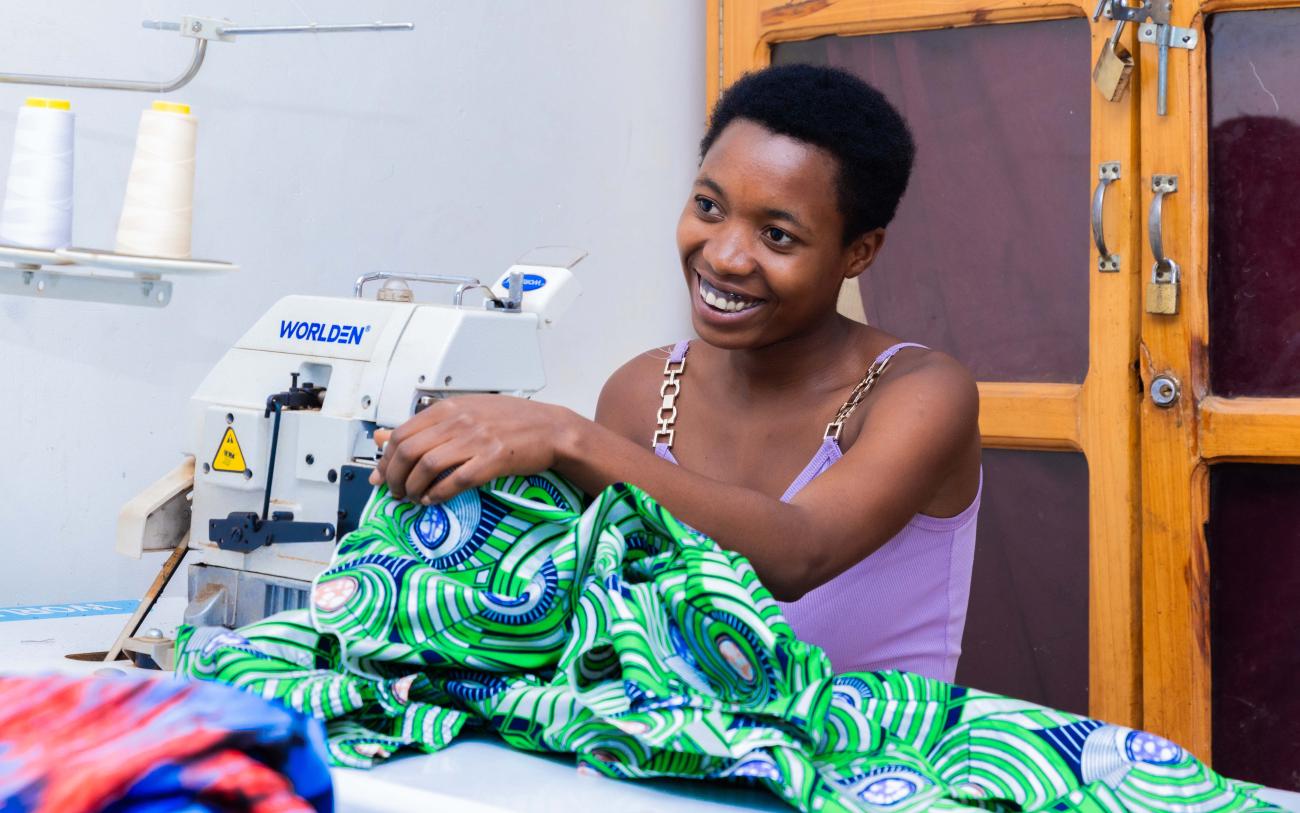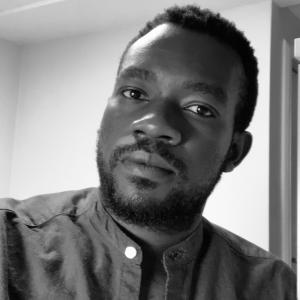Rose Nyiranshimiyimana, a resident of Rubengera is a regular patron and one of the beneficiaries of the established youth centers. She passionately shares her sentiments as a young woman who has benefited immensely for the Centres.
“Here, we not only receive vital information regarding sexual health but also find solace and support in times of distress, especially when confronting the harrowing realities of gender-based violence (GBV). The center's dedication goes beyond mere education; it extends to providing comprehensive medical assistance and a nurturing environment where we feel heard and empowered to seek help when needed.” She testified.
Nyiranshimiyimana like many other young women, is now a beneficiary of the establishment of the health centres that provide comprehensive information on Sexual and Reproductive Health and Rights (SRHR).
Prior to this, the insufficiency of comprehensive information on Sexual and Reproductive Health and Rights (SRHR) presented a critical concern, creating a scenario where young individuals encounter increased vulnerabilities.
This inadequacy significantly hampers endeavours to reduce the risk of youth exposure to various threats, such as Sexually Transmitted Infections (STIs) including HIV, early and unintended pregnancies, unsafe abortions, and the looming spectre of Gender-Based Violence (GBV).
As a solution, UN Rwanda through UNFPA and other partners, including Korea International Cooperations Agency (KOICA), and the Embassy of the Republic of Korea embarked on a project dubbed the 'Healthy and Empowered Youth Project.' This initiative, aimed at bridging critical knowledge and service gaps in SRH, as well as combat GBV among adolescents and youth in select regions and refugee camps in Rwanda.
Innocent Dusabimana, the head of Rubengera Health Center, expressed the positive impact of the youth corner initiative, emphasizing its contribution to the community.
“There’s an increased engagement of youth since the establishment of the youth centre. We offer various valuable services, including educating youth about their bodies, providing medical assistance, offering access to high-speed internet, and delivering essential mental health counselling.”
Funded by the Government of the Republic of Korea through the KOICA the project encompassed three districts – Rusizi, Karongi, Nyamasheke – and several refugee camps, namely: Kigeme, Kiziba, Mahama, Mugombwa, and Nyabiheke, along with their respective host communities.
Renata Tallarico, UNFPA Deputy Representative, reflected on the impact of the 'Healthy and Empowered Youth Project' over the past three years, emphasizing its influence on the lives of over 1.8 million adolescents and youth aged 10-24.
She says, the project's accomplishments are diverse, ranging from empowering 296,200 young individuals with crucial information on SRH and GBV to equipping 846,983 youth with the skills and knowledge necessary for informed decisions and healthy living.
“It has provided safe spaces for in-school and out-of-school adolescents, facilitated uninterrupted access to SRH information, and ensured the utilisation of general Adolescent and Youth Sexual and Reproductive Health (AYSRH) services by thousands,” she said.
The initiative has empowered vulnerable youths with economic opportunities, enhanced access to Youth-Friendly Services in refugee camps and established 27 youth corners in districts and 6 in refugee camps, including 3 Golden Youth Corners dedicated to providing quality youth-friendly services.
Kim Jinhwa, KOICA Rwanda Country Director, emphasised the role of ICT in advancing rural development and education, stating:
"Today, young people need skills and knowledge relevant to the current economy to enable them to become innovators, thinkers, and problem-solvers."
Jinhwa further highlighted the importance of breaking cultural barriers and empowering parents and communities with knowledge and skills to facilitate open discussions about sensitive sexual and reproductive health issues.




